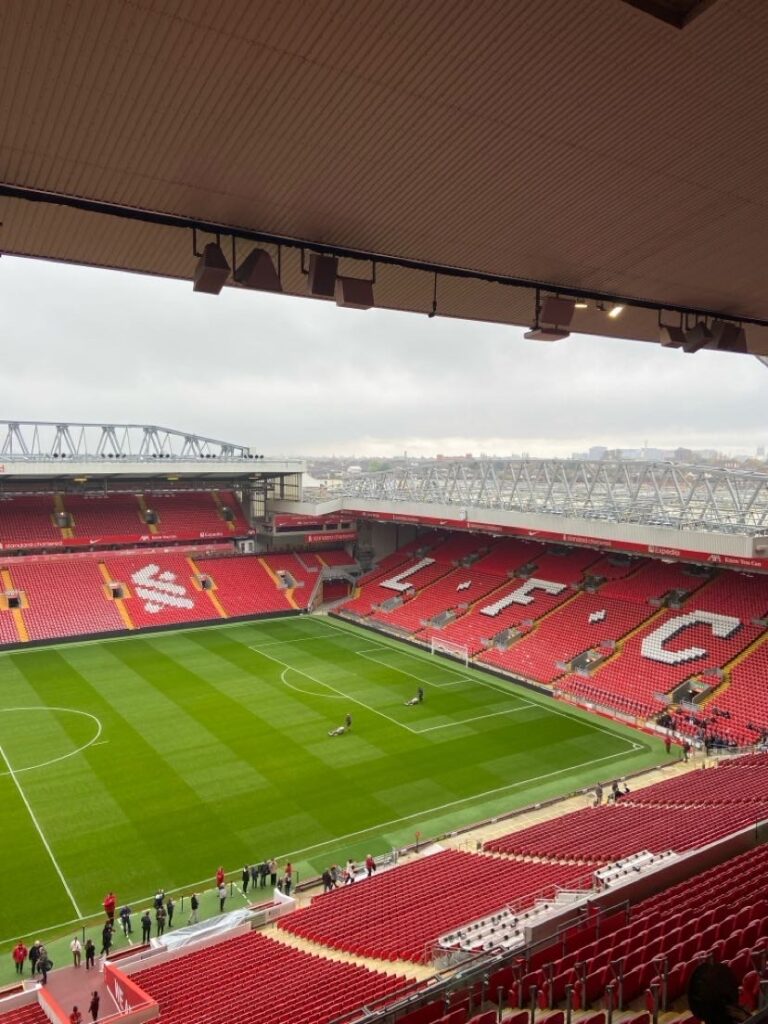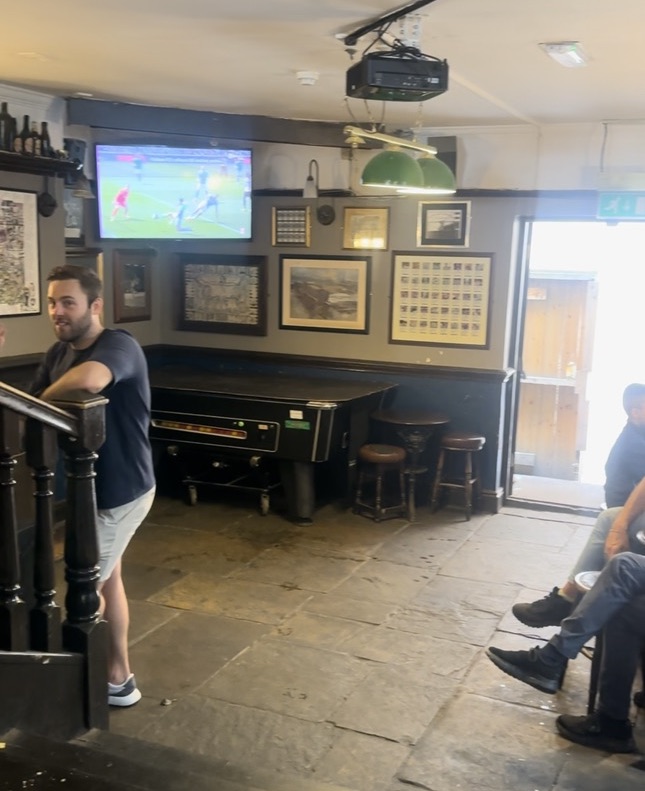The broadcasting blackout rule, a long-standing regulation in English football, states that no Premier League, Football League, or FA Cup matches can be broadcasted on live television on Saturday between 2:45p.m. and 5:15p.m.
This measure was first introduced in the 1960s, spearheaded by Burnley chairman Bob Lord. Lord successfully persuaded the other Football League chairmen that televising matches on Saturday afternoons had a detrimental effect on the attendance figures for lower league games.
The rationale behind the rule is rooted in preserving the traditional matchday experience and ensuring live televised games do not detract from the turnout at local stadiums, particularly for smaller clubs.
Birtley Town FC’s experiences echo this sentiment, as they have observed a significant drop in attendance when convincing with Newcastle United’s home fixtures, with their lowest attendance of the season recorded during such occasions.
But it’s not just home games for NUFC that impact Birtley Town FC. When Newcastle played Luton this season away at 3pm, their attendance was 143. Considering their average attendance this season has been 262, this caused a significant decrease in attendance numbers.
In further elaboration, they added that while, “home fixtures at 12.30p.m. and 5.30p.m. kick-offs have a smaller impact on attendance [they do] but do impact our bar takings.”
This may be because midday and late afternoon kick-off times will disrupt the usual flow of match-day activities, altering the timing of fans visits to their home stadium and consequently affecting the consumption patterns at their bars and concessions.
Moreover, the UK remains unique in adhering to this regulation, making it the only country to uphold the broadcasting rule. Consequently, all other countries are able to broadcast UK football during these hours.

Anfield Stadium Empty. Photo Credits: Anna Hynes
Their rationale for not implementing this rule stems from sufficient legal evidence suggesting that these closed periods of blackouts do not affect the outcome of lower league match attendance.
Public opinion regarding this rule has been divided; a recent poll suggests this.
The 2023 poll revealed that 52% oppose the 3p.m. blackout. While those in favour of the blackout argue it protects the lower league clubs, those against it suggest it fosters piracy.
Indeed, a third of those football fans surveyed acknowledge they are more likely to seek out ways to watch 3p.m. kick-offs due to the blackout.
As Newcastle Blue Star FC noted, “Because of firesticks being in use, you could argue that Newcastle are always going to be on some form of screen (legal or illegal)”.
In fact, a survey found that 5.1 million adults in the UK admitted to watching sports via an illegal streaming website within the first six months of 2023. A further 3.2 million adults were either unsure if they had or preferred not to say.
When questioned why, there were two main reasons. With one being the cost of watching sports, the other was the facts that not all games are available due to the 3pm blackout rule.
The media rights to broadcasting Premier League games are shared between Sky Sports, TNT Sports and Amazon Prime Video. With the proliferation of streaming services, fans face a dilemma as subscribing to all three services costs more than £70 a month. This raises questions about inclusivity and accessibility, especially during the cost-of-living crisis.
Moreover, even if fans did pay for all three subscription services, it only gives fans access to 200 of the Premier League seasons 380 games. The rest of these fixtures are Saturday afternoon games, not broadcasted in the UK.
Newcastle Blue Star FC take a clear standpoint, standing resound for the removal of the blackout rule:
“Personally, the club would like the blackout rule removed, in order to be able to stream Newcastle Blue Star games to those who cannot make the home games and especially the away. If the blackout was lifted, these games could be shown at the clubhouse and create a new revenue stream”.
Newcastle United’s final Saturday 3p.m. match of the season saw many fans flood down to St James’ Park, some of whom braved the journey without tickets. Their optimism was fueled by snagging a last-minute entry ticket or settling into a nearby pub to catch the action, forgetting about the regulations in place.

St James’ Park local pub The Strawberry, very empty at 3pm when match is on at St James’ Park. Photo Credits: Anna Hynes
Among them was a devoted supporter who brought his little sister down to the stadium, “just brought her to see the crowd, just a little taste of it,” as he explained season tickets are too expensive, making it difficult to catch the match, even on television from the comfort of home.
As discussions persist, the question of whether to retain or abolish the blackout rule remains a focal point in English football’s evolving landscape. The contentious issues spark debate among stakeholders and broadcasters, from fans to clubs to officials, grappling with the implications of this long-standing regulation of the 3p.m. blackout rule.